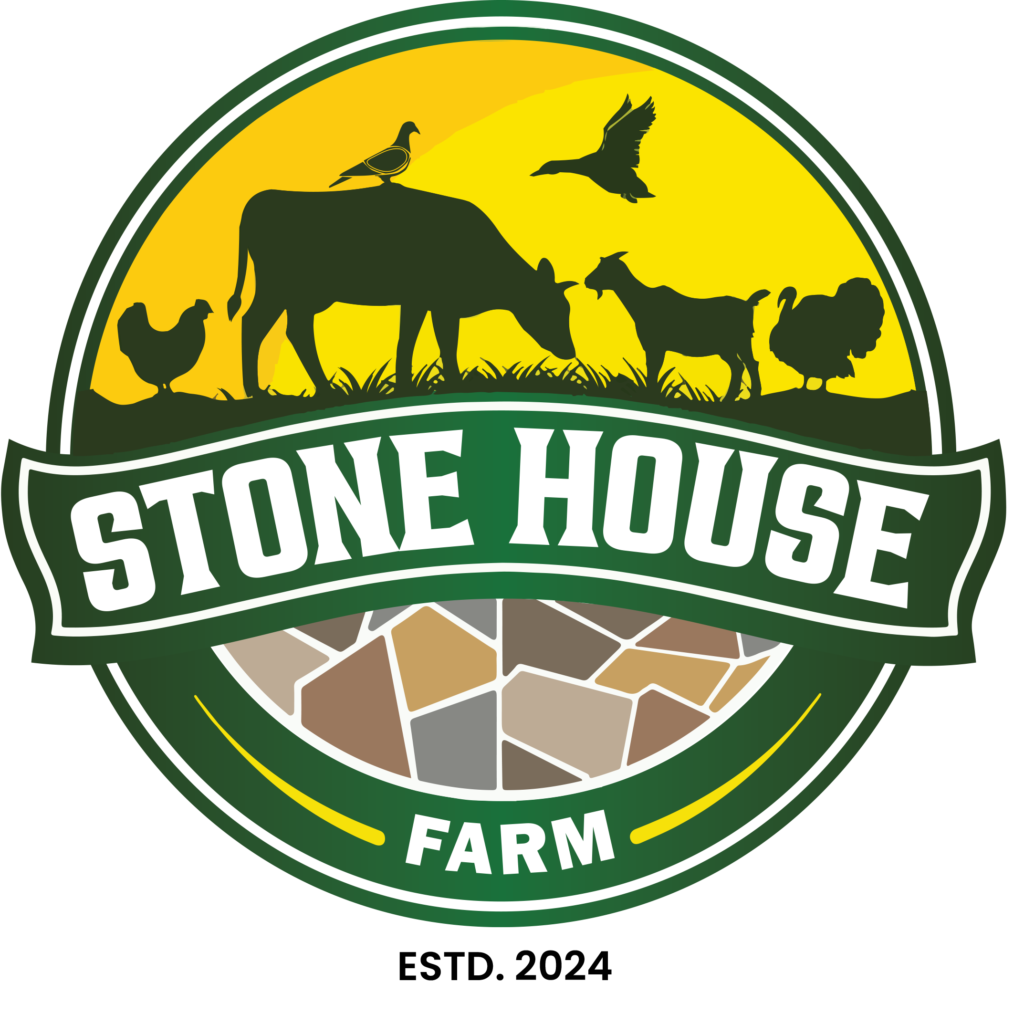Uganda Cooking Workshop in Busu Village – Authentic Culinary Experience
The fresh taste of Uganda is something you’ll never forget – the sweetness of organic tropical fruits, the aroma of freshly made banana juice, and the simple joy of honey spread on warm bread. Imagine taking a piece of this experience home with you. With our Uganda Cooking Workshop at the Stone House in Busu Village, Iganga, you can! Learn how to prepare traditional Ugandan dishes in a relaxed, hands-on way and return home with new skills to impress your family and friends.
Discover Traditional Cooking Tricks and Secrets
Our workshops blend the old and the new. You’ll learn how to cook, roast, and grill using our family’s treasured cooking techniques passed down through generations. From preparing food over an open fire to using charcoal stoves, you’ll experience both traditional and modern Ugandan cooking methods.
Fresh Ingredients, Farm-to-Table Style
Good food starts with fresh ingredients. Together we’ll:
- Visit Iganga town’s local market for fresh fish and spices.
- Harvest vegetables and fruits straight from community gardens – tomatoes, eggplants, courgettes, bananas, cassava, potatoes, beans, and more.
Grown under the tropical Ugandan sun, these organic ingredients bring out rich, unique flavors that make Ugandan cuisine so special.
Share the Meal, Share the Moment
After all the cooking is done, it’s time to taste your creations. In the evening, everyone gathers at the homestead, surrounded by bougainvillea, geraniums, and herb-filled gardens. With Ugandan music playing softly in the background, we sit together under the stars and enjoy the delicious dishes we prepared as a group – a true taste of Uganda.
An Unforgettable Cultural Experience
Whether you choose a half-day cooking class or spend a whole weekend learning, our workshops are designed to give you more than just cooking skills. They’re about cultural connection, storytelling, and unforgettable memories. We’re happy to adapt the workshops if there are specific dishes or cooking styles you’d love to learn.
Why Join Our Uganda Cooking Workshop in Busu Village?
- Hands-on experience with local families
- Learn authentic Ugandan cooking styles off the beaten track
- Use fresh, organic ingredients harvested locally
- Enjoy a farm-to-table meal in a welcoming village atmosphere
- Perfect for food lovers, cultural explorers, and curious travelers
Come and discover the true flavors of Uganda in Busu Village – where cooking is more than food, it’s a celebration of community, tradition, and togetherness.
Book your Uganda Cooking Workshop today and bring home a taste of Africa!
